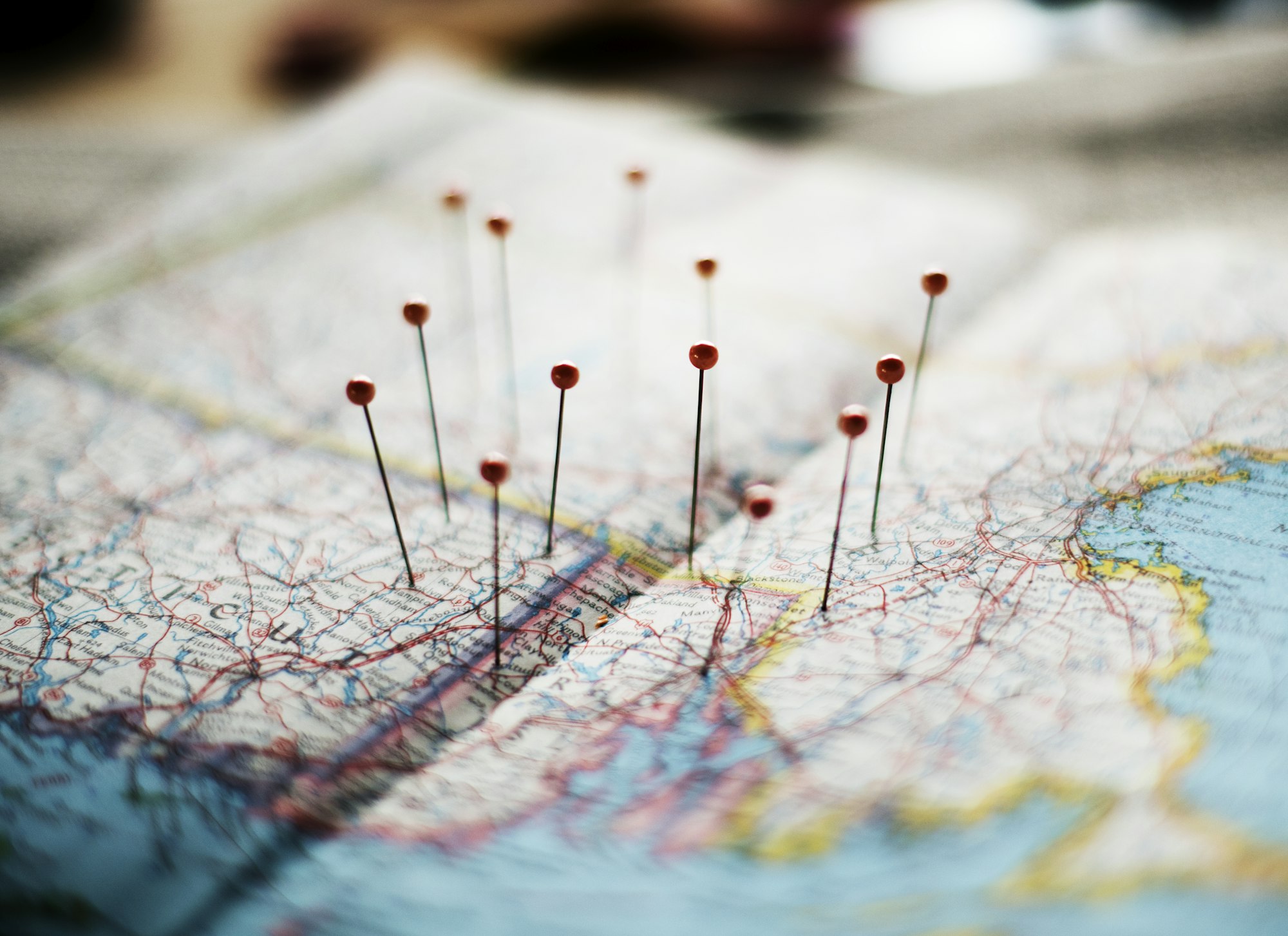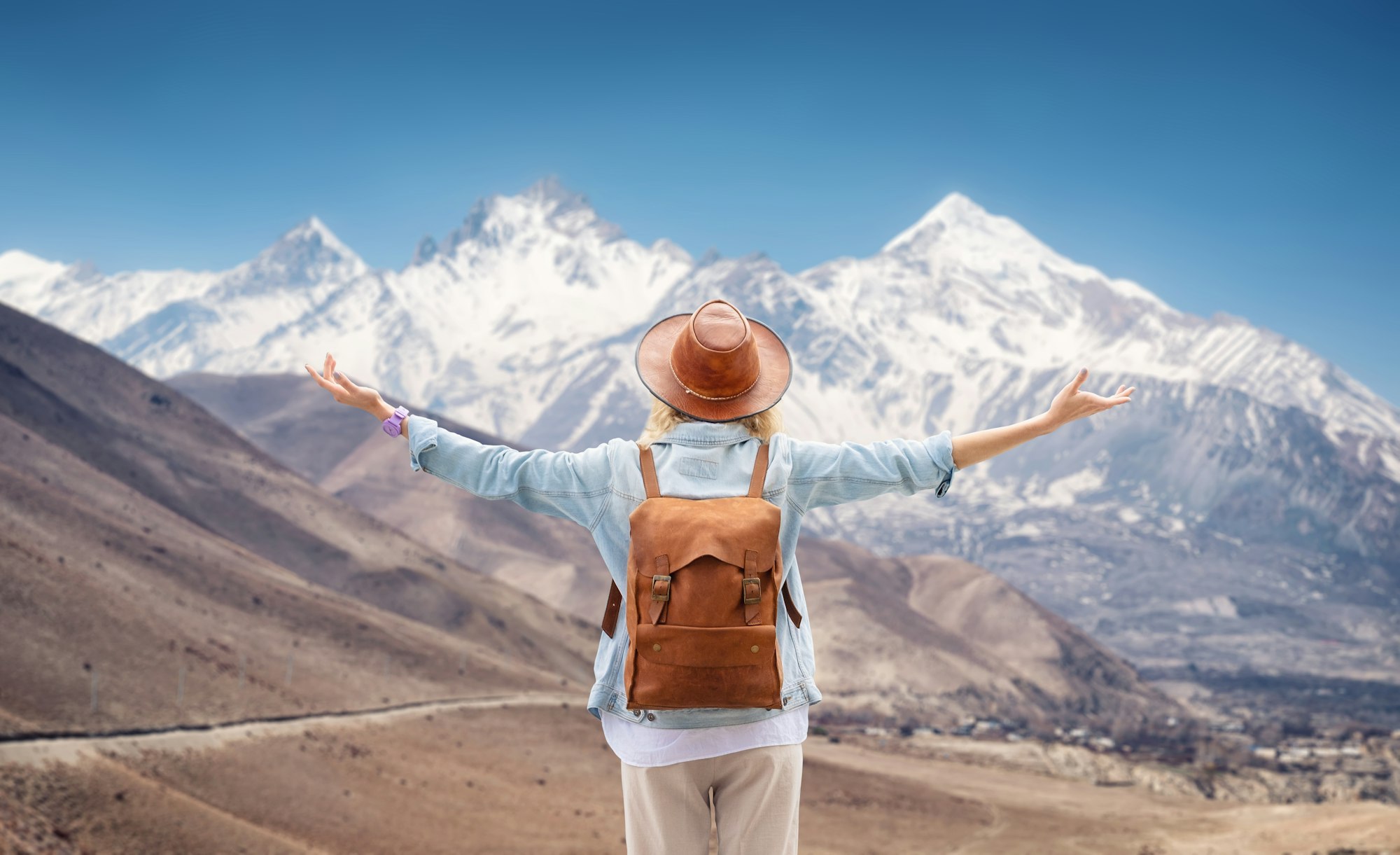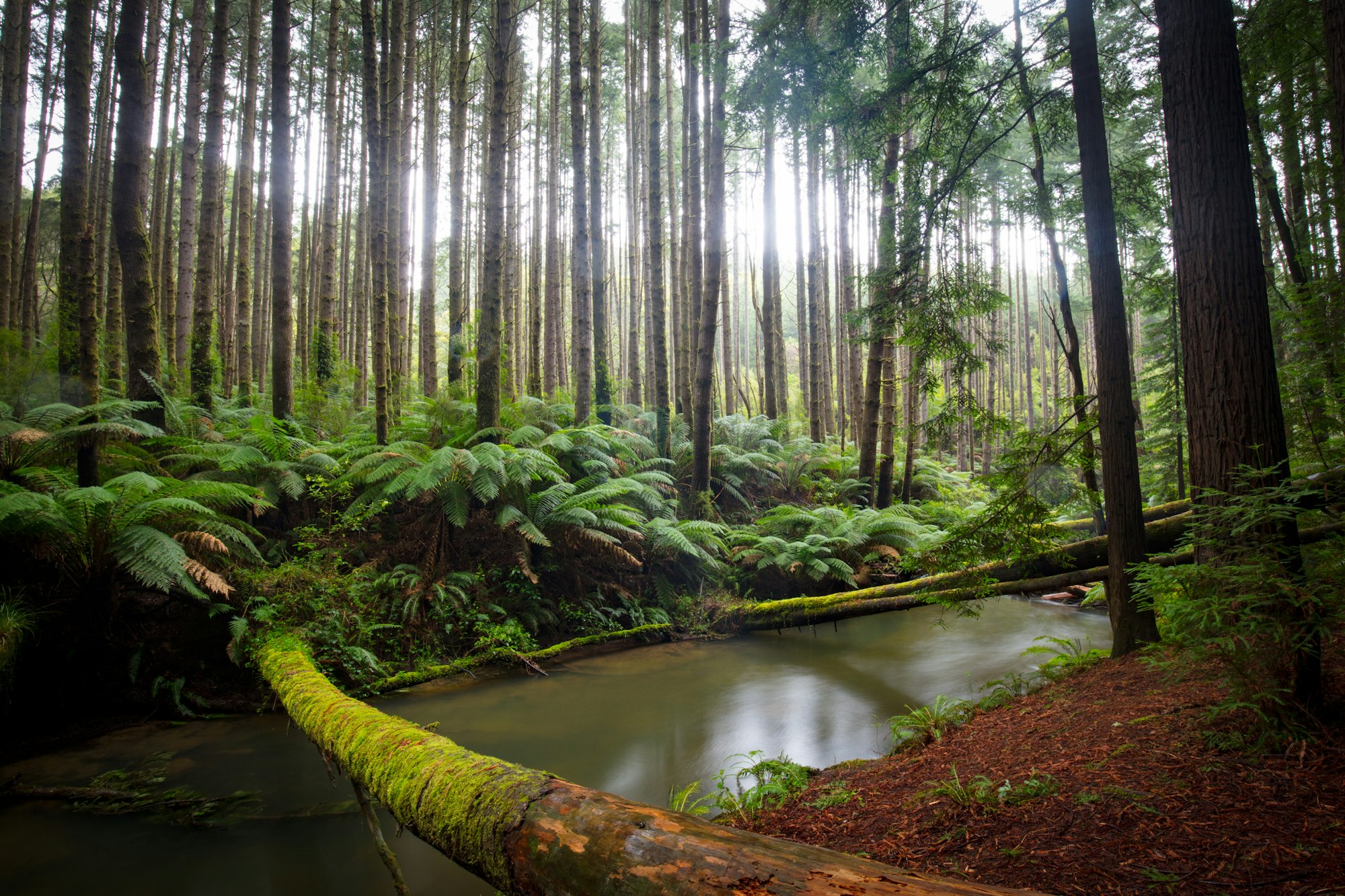Are you ready to leave the hustle and bustle of everyday life behind and venture into the great unknown? Solo backpacking offers the ultimate freedom to explore at your own pace, immerse yourself in nature, and discover new horizons. But if you’re new to the world of solo travel, it can seem daunting at first. Fear not! In this beginner’s guide, we’ll cover everything you need to know to embark on your solo backpacking adventure with confidence.
1. Choosing Your Destination
The first step in planning your solo backpacking adventure is choosing the perfect destination. Consider factors such as your fitness level, experience, and personal interests. Whether you’re drawn to the rugged mountains, lush forests, or sandy beaches, there’s a destination out there waiting to be explored.
2. Planning Your Route
Once you’ve chosen your destination, it’s time to plan your route. Research the area thoroughly, including trail conditions, weather patterns, and any permits or regulations you need to be aware of. Create a detailed itinerary, but also allow for flexibility to adapt to changing circumstances.
3. Packing Essentials
Packing light is key to a successful backpacking trip. Only bring the essentials, including a lightweight tent, sleeping bag, cooking stove, food, water, clothing, and basic safety gear. Invest in high-quality, lightweight gear to minimize the weight on your back and maximize comfort on the trail.
4. Safety Precautions
Safety should always be your top priority when backpacking solo. Before you hit the trail, make sure someone knows your itinerary and when to expect you back. Familiarize yourself with basic wilderness first aid and carry a first aid kit with you at all times. Stay informed about local wildlife, weather conditions, and potential hazards, and always trust your instincts.
5. Embracing Solitude
One of the greatest joys of solo backpacking is the opportunity to disconnect from the noise of everyday life and reconnect with nature. Embrace the solitude, take time to appreciate the beauty around you, and immerse yourself fully in the present moment. Use this time for self-reflection, introspection, and personal growth.
6. Leave No Trace
As a responsible backpacker, it’s important to leave no trace of your presence in the wilderness. Follow Leave No Trace principles, including packing out all trash, minimizing campfire impact, and respecting wildlife and other visitors. Leave the natural environment as you found it, ensuring that future generations can enjoy it as well.
Conclusion
Solo backpacking offers an unparalleled sense of freedom, adventure, and self-discovery. With careful planning, preparation, and a spirit of adventure, anyone can embark on a solo backpacking adventure and create memories that will last a lifetime. So pack your bags, lace up your boots, and venture into the wild. Your next great adventure awaits!










